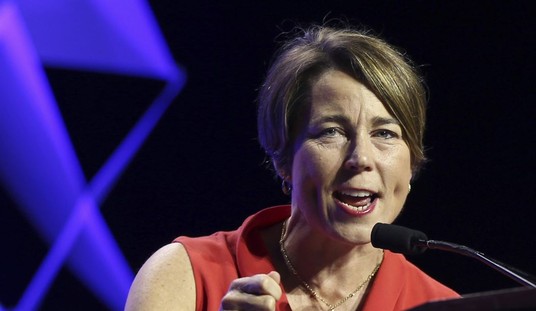In England, the government is moving to scrap “unconscious bias” training for government employees that had previously been mandated in response to social justice initiatives. For those not familiar with the term, unconscious bias is loosely defined as “prejudiced ways of thinking that could unfairly influence decisions – such as who might get a job or a promotion.” So why are the Brits doing away with it? Because after monitoring the results for a while they have concluded that not only doesn’t it tend to work, but it can even backfire and foster a “negative response.” Needless to say, social justice activists are not pleased. (BBC)
“Unconscious bias training” is being scrapped for civil servants in England, with ministers saying it does not work.
The training, intended to tackle patterns of discrimination and prejudice, is used in many workplaces.
The government says there is no evidence it changes attitudes – and is urging other public sector employers to end this type of training.
But race equality campaigner Halima Begum said the government “mustn’t backtrack on anti-racism training”.
This program wasn’t much different than ones we’ve seen in both educational institutions and government offices around the United States over the past couple of years. Except in America, you more frequently see descriptions including phrases such as “combatting whiteness.”
What’s more remarkable is the way that some places have gone so far as to attempt to institute training programs that are only mandatory for white people. (Those had to be canceled, by the way.) So what do you suppose the Brits have figured out that we haven’t?
How do you suppose people are going to react when they are informed by either their supervisors or the government that they must present themselves for some sort of mandatory training based solely on the color of their skin? Isn’t that precisely what social justice advocates are always complaining about, only with the roles being reversed? There’s an inherent assumption in these programs that simply by virtue of being white, there is something inherently “wrong” with you. And if you try to deny that accusation, you are further told that you simply don’t realize what’s wrong with you because of your inherent bias and “whiteness” or “privilege.” The British government is noticing that such an approach can produce a negative response. Ya think?
There’s also an inherent problem in any program that relies on race as a determinative factor because racial identity has been increasingly fluid in western society for a very long time now. How “white” do you have to be to qualify for mandatory training? How “non-white” would you need to be to receive an exemption? What if you look fairly European, but one of your grandparents was Black or Hispanic or Asian? Are you off the hook? How about if you “identify” as a race other than White? Would Rachel Dolezal get a pass?
We haven’t wiped out racism entirely in the United States yet and I’ll readily admit it. But things are a whole lot better than they were just thirty years or so ago. When we find instances of actual racism we should shun them and call them out. But if you try to set up a system where every supposedly white person is convicted of racism until they can somehow prove otherwise to your satisfaction, you’re no better than someone who makes assumptions about their non-white neighbors. If you want people to be judged by the content of their character rather than the color of their skin, that has to apply to everyone equally. And as the British government is clearly learning, doing otherwise will produce a “negative response.”








Join the conversation as a VIP Member